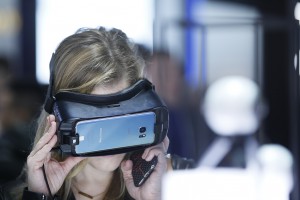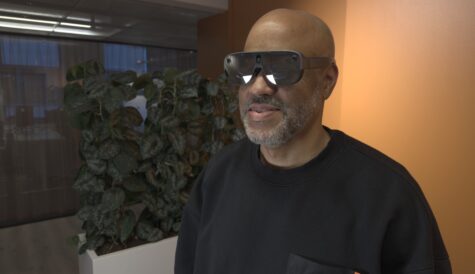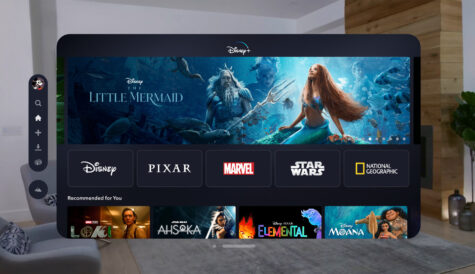
After more than 40 years of operation, DTVE is closing its doors and our website will no longer be updated daily. Thank you for all of your support.
IDC: global VR headset shipments drop by a third in Q2
Virtual reality headset shipments took a “sharp decline” year-on-year in Q2 2018, though the outlook for the market remains positive, according to IDC.
 The research firm’s ‘Worldwide Quarterly Augmented and Virtual Reality Headset Tracker’ recorded a 33.7% drop in global headset shipments in the second quarter but predicted this to be a “temporary setback as the VR market finds its legs”.
The research firm’s ‘Worldwide Quarterly Augmented and Virtual Reality Headset Tracker’ recorded a 33.7% drop in global headset shipments in the second quarter but predicted this to be a “temporary setback as the VR market finds its legs”.
The largest contributor to the overall decline in shipments was the shrinking category of ‘screenless viewers’ or smartphone headsets, which fell from 1 million units shipped in Q2 2017 to 409,000 in Q2 2018.
“Screenless viewers brought a lot of attention to VR in the early days as the entire market was artificially propped up by brands like Samsung, Alcatel, and Google that bundled the headsets with smartphones,” according to the report.
Tethered VR headsets shipments declined 37.3% in Q2 2018, which IDC attributed to brands like Oculus and Sony being unable to maintain the momentum established during a period of price reductions in Q2 2017.
However, standalone VR headset shipments grew 417.7% during the quarter, largely due to the global availability of the Oculus Go and Xiaomi Mi VR devices, which IDC said shipped 212,000 units.
“The arrival of new products, such as the Oculus Go and HTC Vive Pro, and new brands, combined with the need for greater headset fidelity all point to a positive outlook for the quarters ahead,” according to the report.
IDC also noted that VR is starting to see more commercial deployments, with roughly 20% of VR headsets destined for the commercial sector in Q2 2018, up from 14% in Q2 2017.
“One of the major issues with the VR market is that consumers still find it difficult to try a VR headset. This is where the commercial market has an opportunity to shine,” said Jitesh Ubrani senior research analyst for IDC Mobile Device Trackers.
IDC’s programme vice president for devices and augmented and virtual reality, Tom Mainelli, said: “In a market where mainstream VR content is still lacking, a growing number of vendors are looking to commercial as a way to build their business while they wait for the consumers to catch up.
“These vendors are moving beyond entertainment-focused B2C deployments to real-world training scenarios in companies of all sizes, all over the world. IDC expects commercial buyers to represent an increasingly important percentage of the market going forward.”


